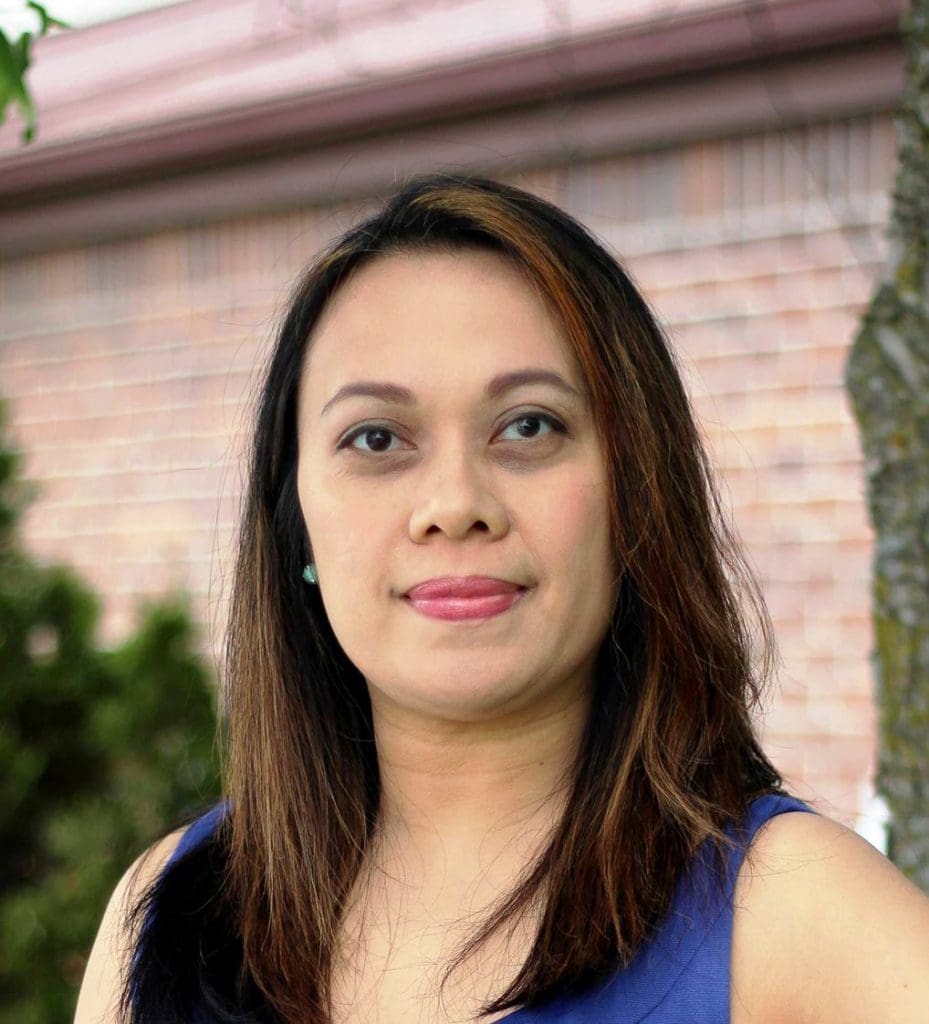Could you share a bit about your career and describe your current work at Jazz Pharmaceuticals?
At first, I was really looking for a career where I could have a balance of research and interactions with colleagues and patients. I had a choice of getting my MD, PharmD or PhD after undergrad, so I chose the PharmD as I felt it had flexibility for many industries and could span both research and business. My career has spanned three years as a clinical PharmD in a hospital/clinical setting, 17 years as a health economist in the field with payers for Pharmacia-Upjohn, Pfizer, and Sanofi, and then regional and global roles at the headquarters of Pfizer, Takeda, Baxalta and Shire in pharmaceutical drug development.
I am currently at Jazz Pharmaceuticals, a small biopharmaceutical company focusing in the areas of sleep and hematology/oncology. My role here is to be the global lead for one of our sleep molecules that is currently in development to aid sleep disorders. I provide guidance and expertise in health economics and outcomes research for all phases of drug development for our global regions. My days are never the same and always interesting as I have the opportunity to work with colleagues on the research and development, medical, regulatory, market access, and global strategy teams.
What interested you in the masters program in Pharmaceutical Economics and Policy? And how did the resources and faculty members at USC help prepare you for what you are doing now?
This type of program interested me because health economics seemed to offer many of the methodologies that nationalized healthcare would eventually need to assess the value of new medicines and products. The resources and faculty at USC were helpful in preparing me by giving me both technical training and hands-on experience during my degree. Back then, writing abstracts, crunching SAS code on datasets and presenting results was not available in many training programs.
How would you describe the environment at the USC when you were a student? What are your favorite memories or highlights of your experience?
When I was a student, moving to the west coast was a big change. The faculty members at USC helped make that transition easy for many of the domestic and international students by creating a fun and happy environment for us to take classes, do our research and learn our specialty. At the outset, you felt you were part of a special group of students who had faculty there to support you in all aspects of your training and life. My favorite memories include outings together–movie nights, tickets to David Letterman, hikes at Topanga Canyon, many dinners together, camping trips and of course USC home football games, which was a tradition for our department.
What advice do you have for students who may be interested in following a similar path to yours?
I would encourage students to learn as much about this area as they can and to interview as many alumni and connections possible. The great thing about our alumni network is the variety of ways they have used their health economics degrees – in the pharmaceutical industry, policy, government, consulting, freelance, academia, and hospitals. Also, ask our faculty, because they have a pulse on the job market and new areas of healthcare that need health economic expertise. Finally, don’t be afraid to ask for details and for both the pros and cons of each person’s decision in their career path.
Is there anything else about your career or experience at USC that you’d like to share?
What is interesting in the health economics field is the incredible demand for talent all over the world. To quote one of the USC faculty, “There are always jobs out there if you want to work!” My career has been very fulfilling and I agree with that sentiment. I would also encourage students to ask alumni and faculty what types of jobs in this field offer a good balance of work and family life, or which offer the most opportunity to grow and climb the corporate ladder. Whatever your goals are, I have seen my USC alumni family reach it.
USC has a tightly-knit alumni network. How did this network benefit you during your time at USC and after your time at USC? What does “Trojan Family” mean to you?
My experience at USC didn’t end when I finished my degree. USC truly has a tightly-knit alumni network and our department was no exception. We have laughed together and cried together. As the years pass, every new achievement one of our Trojan family members acquires is met with pride and encouragement from the group. Many of us also share our personal and family experiences with each other. I believe this was fostered by how our mentors treated each other and us when we were students. Work and personal life were always equally important to our mentors, and they made sure to build a supportive and caring environment for us.


